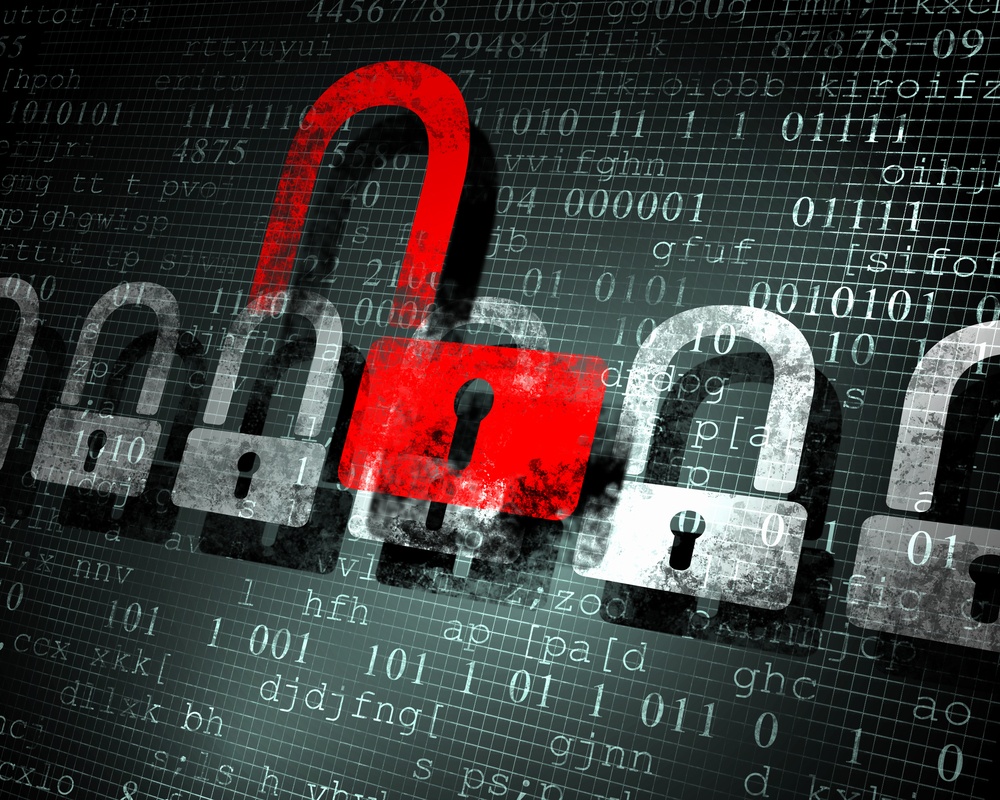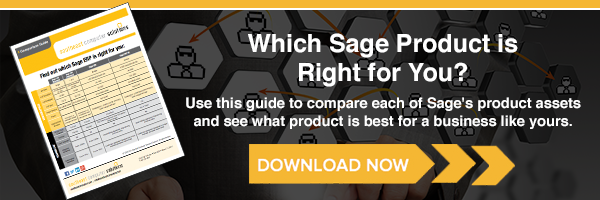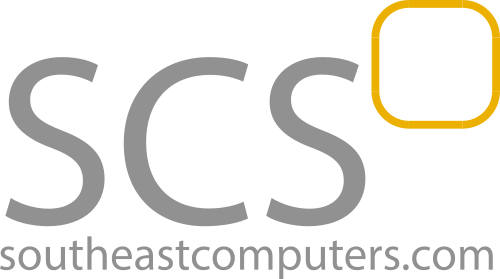SSL (secure socket layer) protects data as it travels between users’ browsers and the web server running your website. When people enter sensitive data – employee information like social security numbers or client contact information, for example – into a system, SSL ensures that thieves, hackers, or any other unauthorized entities can't see (or steal) the data. Several signals notify users that a website is SSL-protected: “https” and a padlock icon in the address bar.
Some companies don’t use an SSL connection because it’s easier – no VPNs or remote desktop services to use. Making your connection open to the public internet, however, leaves your web server and data open for attack. Bluntly, your ERP needs SSL.
Using an SSL connection with a certificate from a trusted Certificate Authority protects the confidentiality and integrity of company data exchanged online. SSL is the standard security technology for establishing an encrypted link between a web server and a browser; this encrypted link ensures that data exchanged between the user and the server is secure and remains private.
Any ERP exposed to the public internet should use SSL to secure its connection and protect company data – even if you think your data is ‘too boring’ to be of interest to hackers.
Luckily, Southeast Computer Solutions offers Sage ERP products, which are SSL-capable. Contact us for more information about keeping your ERP data secure.








